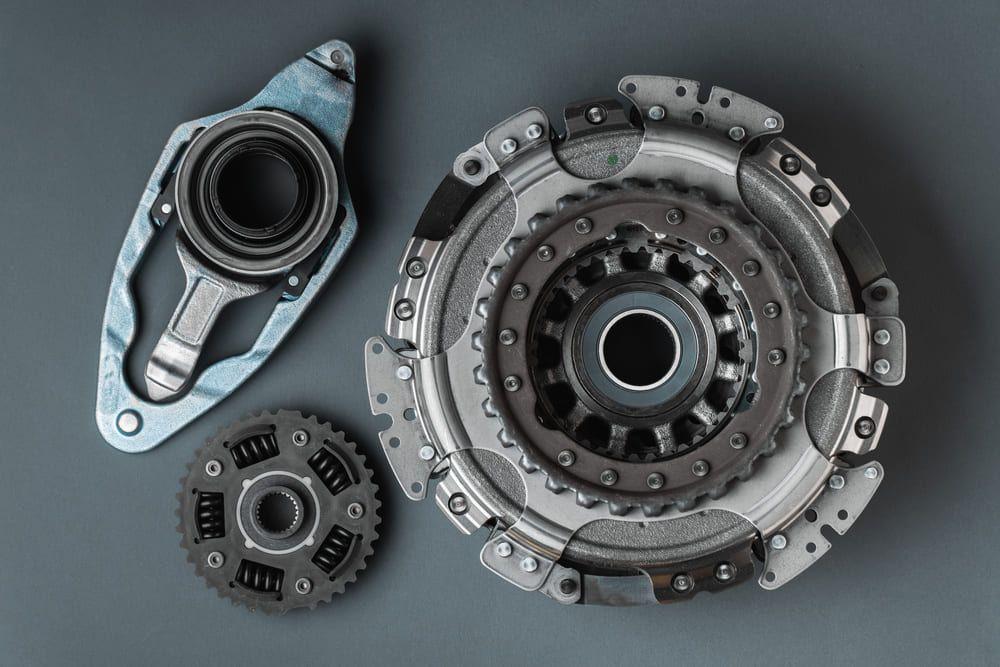
Drivers Warned Squeaking Noise Could Cost £100s – and WD-40 Might Make It Worse
It might sound like a harmless squeak – but ignoring a high-pitched noise under your car’s bonnet could lead to hundreds of pounds in engine damage. Experts have warned that a squealing sound could signal a worn fan belt – and spraying it with WD-40 might do more harm than good.
The fan belt, also known as the auxiliary belt, is a key engine component responsible for powering everything from your alternator and cooling fan to power steering and air conditioning. Over time, the belt wears out or stretches, and one of the first signs is a telltale squeaking or chirping noise when you start the engine or accelerate.

A squeaking noise from under the bonnet is often the first sign your fan belt is wearing out or has lost tension. It’s a really common issue – but the wrong fix could end up costing you dearly.
Many drivers instinctively reach for WD-40 or other lubricants, assuming the belt just needs a bit of oil to quieten it down. But Bumper warns that this DIY quick-fix could create a far more expensive problem.
Fan belts are designed to run dry. If you spray any kind of lubricant on them, it can cause the belt to slip off the pulleys while the engine is running – and that can lead to engine overheating or damage to critical components.
In older cars, the solution may be as simple as tightening the belt with a socket wrench. However, most modern vehicles are fitted with automatic tensioners, meaning if the belt is squeaking, it's usually because it’s too worn or stretched to work properly – and should be replaced.

If your car uses an automatic tensioner and it’s still squeaking, don’t ignore it. Either the belt has had its day, or one of the components it drives – like the water pump or alternator – could be starting to fail.
The cost of replacing a worn fan belt typically ranges between £100 and £200, but if the belt snaps or slips off while driving, the cost to repair the damage could be much higher – especially if it leads to engine overheating or electrical failure.
The advice is simple: don’t ignore the squeak, and never spray oil on a fan belt.
If you hear a high-pitched squeal when starting your car or turning the wheel, it’s time to book it in – not reach for the WD-40. That sound might be annoying, but it’s your car’s way of telling you something’s wrong.

Split your car repair cost over monthly repayments interest-free.
Other related articles from our blog

Advice
4 min read
How much does a sump oil leak repair cost?
A sump oil leak repair cost can sit anywhere from £50 to over £700. See the average prices per repair and see the next steps online now with Bumper.

Advice
4 min read
How much does a Tesla scratch repair cost?
Tesla scratch repair costs £80 to £1,200, depending on how deep the scratches are and which part of the vehicle is damaged. Find out more online now.

Advice
4 min read
How Much Does a DSG Gearbox Repair Cost?
Due to their complexity, DSG gearbox repairs typically cost between £200 and £2,500. Find out more about DSG gearbox repairs and replacements here.